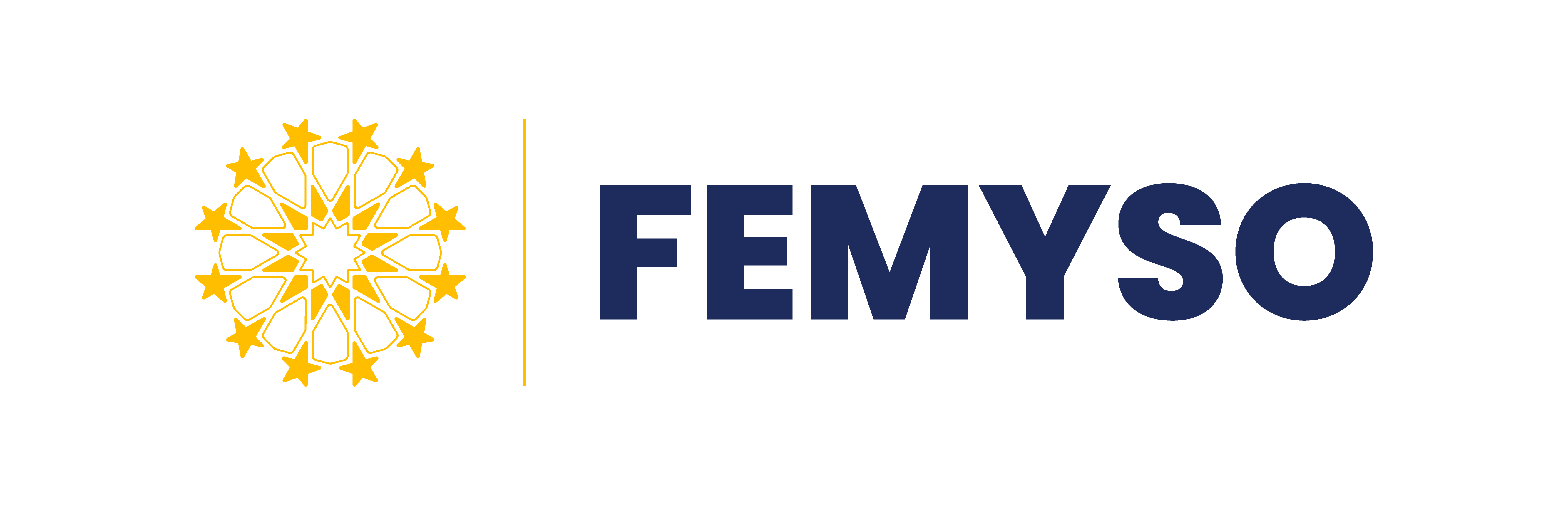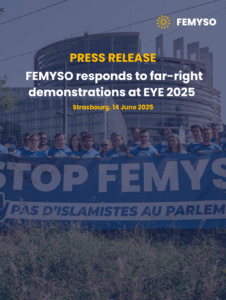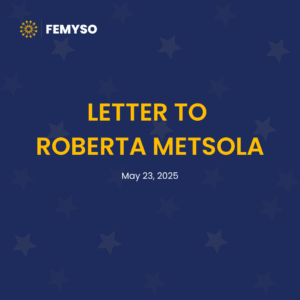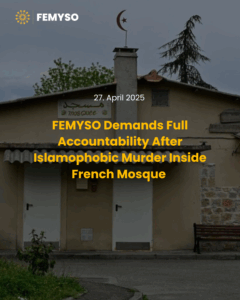It is not easy to talk about hope, especially when our country and the region are going through successive trials: earthquakes, political crises, now even a pandemic and the extraordinary situation that follows it.
We perceive hope as an individual value, but it can also be collective, which means we can build it together. And there isn’t a better occasion than the month of Ramadan, the month of hope, the hope not only to become better people and believers, but also to build the hope needed to heal.
In his book “A book about hope”, Mark Manson explains that to build and maintain hope, we need three things: a sense of control, a belief in the value of something, and a community
Community belongingness. As believers, we as part of a community have cultivated the Islamic notion of the “Ummah.” When members of the ummah are tested or we ourselves as the ummah face various challenges, we share a common pain. This sense of connection with those we have never met, this deep sense of unity and shared pain, is a particularly prominent feature among Muslims, according to a new study.
Researchers at Sussex University found that Muslims are uniquely bonded by a shared community – an ummah. Researchers of the study dubbed this phenomena ‘vicarious trauma’, experiencing the pain that other people have faced. Professor Mark Walters, lead author of the Sussex University study, explored the impact of Islamaphobic hate crimes on British Muslims. It’s interesting, then, that Muslims should feel this way towards a group they may not be personally attached to or have had direct contact with, such as Muslims on the other side of the world. And it makes sense but also is in accordance with the hadith: Messenger of Allah (Peace be upon him) said, “The believers in their mutual kindness, compassion and sympathy are just like one body. When one of the limbs suffers, the whole body responds to it with wakefulness and fever”.

Whereas when it comes to believing in certain values, Islam itself is a whole system of values which in turn necessarily promotes a sense of control and hope. In this case, by control we mean the belief in “qada and qadar” the notion according to which the man is responsible for his deeds in accordance with the destiny predetermined by God. While hope comes from the “tawakkol” which is reliance on God that He is the Supervisor and regulates matters in the best way.
When we as Muslims have these three elements, why not reflect on this situation in order to benefit as much as possible from this trial / challenge / test to give our best?
What if all this is a good opportunity to return to the true essence of fasting and Ramadan? Perhaps all of us have long dreamed of experiencing “those old days” once again: a more distant Ramadan from our close friends and network, more time for meditation. Once upon a time when I started fasting the Internet was not accessible to our homes, when we had fewer distractions, fewer Ramadan events and parties, or Ramadan fairs. What if we do this Ramadan a real itikaf (self isolation during the last 10 days) by applying the prophetic advice that in times of trial our home is enough for us. What if for the first time in our lives we try not to go against the divine guidance that “And He it is Who made the night a garment for them, and the sleep a rest for them, and the day a liveliness for them?” awake and sleeping during the day?
What if all this is maybe a good opportunity to get back on the track? What if, what we call “isolation” is in fact a necessity for us to meditate mostly on our values, our priorities, our objectives, and our mission in this life? And in order to achieve this kind of mindset and awareness, we may start by stopping ourselves from spreading panic, or desperate and pessimistic complaints on how much we are suffering and similar dramas.
In the book “Option B. Facing Adversity, Building Resilience, and Finding Joy” there is a whole chapter dedicated to “How to Empower Each Others,” The author, Sheryl Sandberg, in this chapter tells us about resilience after different trials in life. According to her, resistance is not born together with the individual but it is created through individuals. When we get back together, we become stronger, we build communities, we can overcome obstacles, and we can overcome difficulties.
Together we must agree on a single mindset: that if God has led us to this challenge we will accept it with full conviction because we are the people of “we heard and we obeyed” And together let us spread hope and positivity in order to recover as soon as possible ready and strong enough to face many other future challenges.
Nada Dosti



